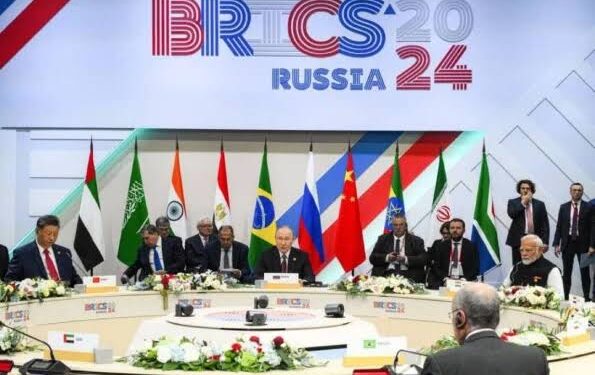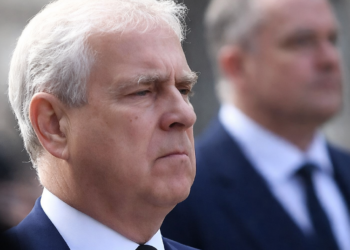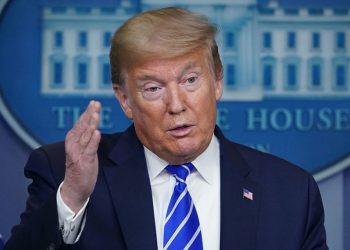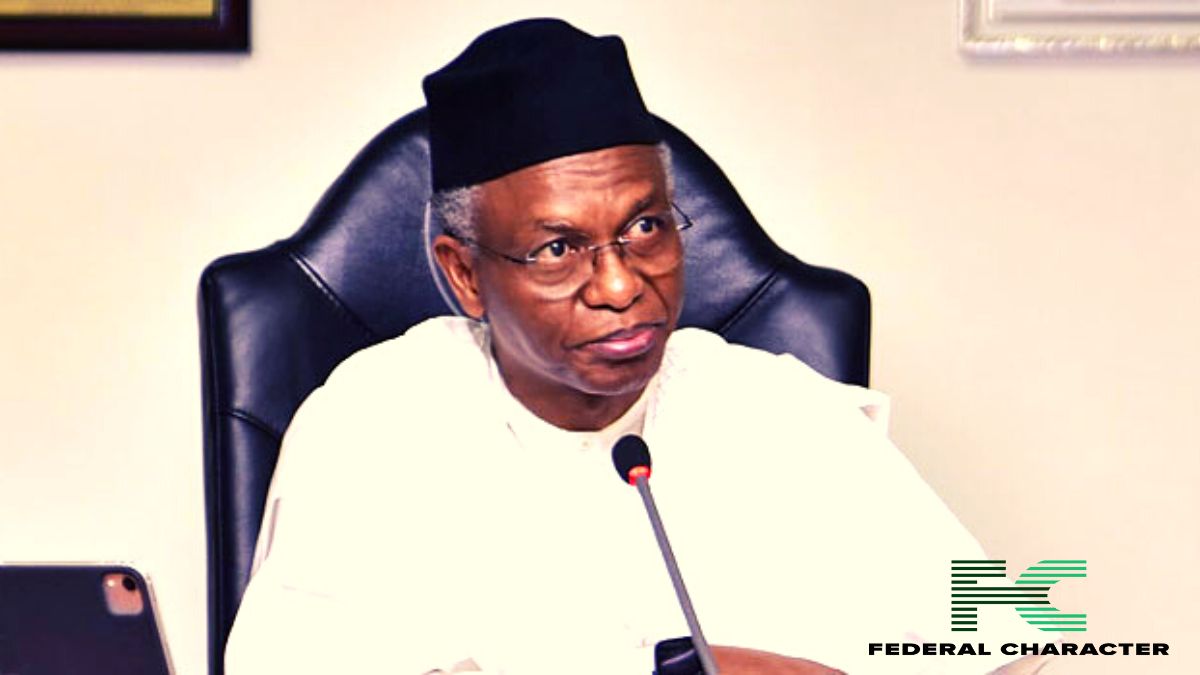The Brazilian government announced that Nigeria has joined BRICS, a multinational bloc of nations, as a partner country. BRICS (Brazil, Russia, India, China, and South Africa) is a league of nations aimed at fostering multinational partnership and trade and economics. Nigeria is joining the bloc as a partner, a status held by eight other nations, predominantly from Latin America, Eastern Europe, and Asia.
Key Details
In a statement issued by Brazil’s Foreign Ministry, the country, which will hold the BRICS presidency in 2025 acknowledged Nigeria’s increasing role in fostering cooperation across the Global South and pushing for reforms in global governance.
“As the 6th largest population in the world and the 1st on the African continent, as well as one of the largest economies in Africa, Nigeria has converging interests with the other members of the group,” the statement noted.
Why It Matters
Nigeria’s partnership in BRICS signals recognition of its strategic importance on the African continent and in global geopolitics which could amplify Africa’s voice in international decision-making.
Nigeria’s new partnership with BRICS is also strategic in strengthening the influence of the global South as against Western-Dominated global structures. Nigeria which have always leaned towards the west is now strategically forming new partnership with the South.
The implications of this move reinforces efforts for a more balanced global governance structure. It also opens avenues for Nigeria to deepen economic ties with member states, attract foreign investment, and collaborate on shared challenges like energy security, infrastructure development, and technological advancement.
Bottom Line
Nigeria’s partnership with BRICS marks a significant milestone in its foreign policy, reflecting its ambition to play a leading role in reshaping global governance. By aligning with some of the world’s largest emerging economies, Nigeria strengthens its influence on the global stage while opening new opportunities for economic growth and collaboration.
This development underscores the growing importance of Africa in shaping the future of international relations.


















